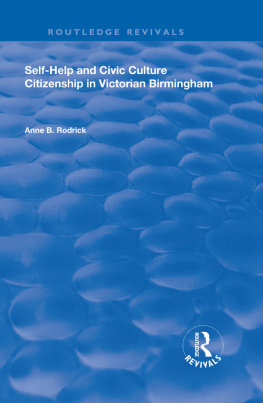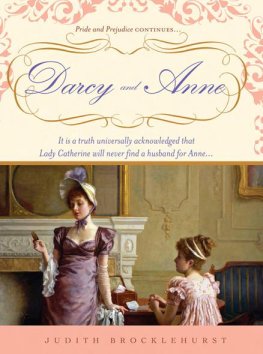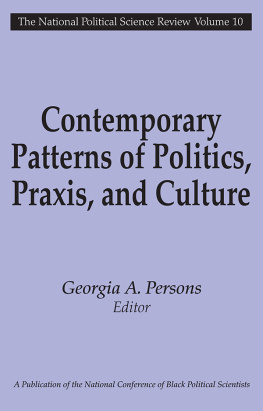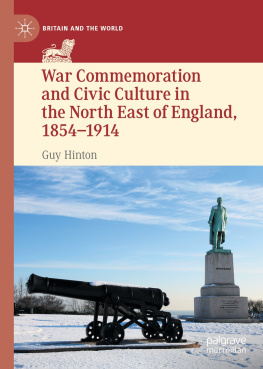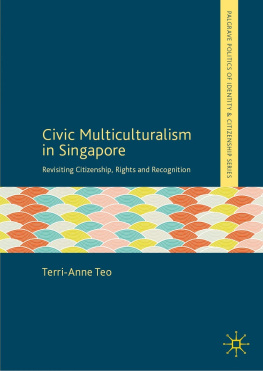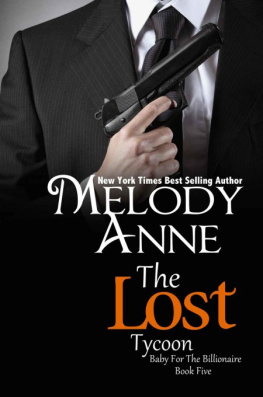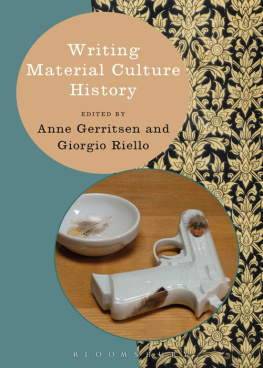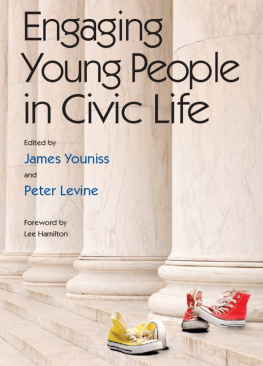Self-Help and Civic Culture
Citizenship in Victorian Birmingham
Historical Urban Studies
Series editors: Jean-Luc Pinol and Richard Rodger
Titles in the series include:
Advertising and the European City:
Historical Perspectives
editors: Clemens Wischermann and Elliott Shore
Body and City:
Histories of Urban Public Health
editors: Sally Sheard and Helen Power
Urban Governance:
Britain and Beyond Since 1750
editors: Robert J. Morris and Richard H. Trainor
Urban Fortunes:
Property and Inheritance in the Town, 17001900
editors: Jon Stobart and Alastair Owens
Identities in Space:
Contested Terrains in the Western City Since 1850
editors: Simon Gunn and Robert J. Morris
Municipal Services and Employees in the Modern City:
New Historic Approaches
editors: Michle Dagenais, Irene Maver and Pierre-Yves Saunier
Printed Matters:
Printing, Publishing and Urban Culture in Europe in the Modern Period
editors: Malcolm Gee and Tim Kirk
The Representation of Place:
Urban Planning and Protest in France and Great Britain, 19501980
Michael James Miller
Self-Help and Civic Culture
Citizenship in Victorian
Birmingham
ANNE B. RODRICK
First published 2004 by Ashgate Publishing
Reissued 2019 by Routledge
2 Park Square, Milton Park, Abingdon, Oxon, OX14 4RN
52 Vanderbilt Avenue, New York, NY 10017
Routledge is an imprint of the Taylor & Francis Group, an informa business
Copyright 2004, Anne B. Rodrick
Anne B. Rodrick has asserted her moral right under the Copyright, Designs and Patents Act 1988, to be identified as the author of this work.
All rights reserved. No part of this book may be reprinted or reproduced or utilised in any form or by any electronic, mechanical, or other means, now known or hereafter invented, including photocopying and recording, or in any information storage or retrieval system, without permission in writing from the publishers.
Notice:
Product or corporate names may be trademarks or registered trademarks, and are used only for identification and explanation without intent to infringe.
Publishers Note
The publisher has gone to great lengths to ensure the quality of this reprint but points out that some imperfections in the original copies may be apparent.
Disclaimer
The publisher has made every effort to trace copyright holders and welcomes correspondence from those they have been unable to contact.
A Library of Congress record exists under LC control number:
ISBN 13: 978-0-8153-9696-3 (hbk)
ISBN 13: 978-1-351-14948-8 (ebk)
Contents
Density and proximity are two of the defining characteristics of the urban dimension. It is these that identify a place as uniquely urban, though the threshold for such pressure points varies from place to place. What is considered an important cluster in one context may not be considered so elsewhere. A third defining characteristic is functionality the commercial or strategic position of a town or city which conveys an advantage over other places. Over time, these functional advantages may diminish, or the balance of advantage may change within a hierarchy of towns. To understand how the relative importance of towns shifts over time and space is to grasp a set of relationships which is fundamental to the study of urban history.
Towns and cities are products of history, yet have themselves helped to shape history. As the proportion of urban dwellers has increased, so the urban dimension has proved a legitimate unit of analysis through which to understand the spectrum of human experience and to explore the cumulative memory of past generations. Though obscured by layers of economic, social and political change, the study of the urban milieu provides insights into the functioning of human relationships and, if urban historians themselves are not directly concerned with current policy studies, few contemporary concerns can be understood without reference to the historical development of towns and cities.
This longer historical perspective is essential to an understanding of social processes. Crime, housing conditions and property values, health and education, discrimination and deviance, and the formulation of regulations and social policies to deal with them were, and remain, amongst the perennial preoccupations within towns and cities. No historical period has a monopoly of these concerns. They recur in successive generations, albeit in varying mixtures and strengths; the details may differ.
The central forces of class, power and authority in the city remain the organisers. If this was the case for different periods, so it was for different geographical entities and cultures. Both scientific knowledge and technical information were available across Europe and showed little respect for frontiers. Yet despite common concerns and access to broadly similar knowledge, different solutions to urban problems were proposed and adopted by towns and cities in different parts of Europe. This comparative dimension informs urban historians as to which were systematic factors and which were of a purely local nature: general and particular forces can be distinguished.
These analytical frameworks, considered in a comparative context, inform the books in this series.
Universit de Tours Jean-Luc Pinol
University of Leicester Richard Rodger
Such as England is, she has been made by the thinking and working of many generations; the action of even the least significant person having contributed towards the production of the general result. Laborious and patient men of all ranks, cultivators of the soil and explorers of the mine, inventors and discoverers, tradesmen, mechanics, and laborers, poets, thinkers, and politicians, all have worked together, one generation carrying forward the labors of another, building up the character of the country, and establishing its prosperity on solid foundations. This succession of noble workers, the artisans of civilization, has created order out of chaos, in industry, science, and art; and as our forefathers labored for us, and we have succeeded to the inheritance which they have bequeathed to us, so it is our duty to hand it down, not only unimpaired, but improved, to our successors.
Samuel Smiles: Self-Help: With Illustrations of Character and Conduct
For Dave and Elizabeth
This project emerged from a series of informal and wide-ranging discussions with Standish Meacham and Simon Cordery on class, respectability and the mounting challenges to the historiography of Victorian England in the early 1990s. At the time, I was immersed in another research project on the content and uses of ephemera in selected mid-Victorian newspapers. As part of that project I read Michael Wolffs wonderful article, The British Controversialist and Impartial Inquirer, 18501872: A Pearl From the Golden Stream. Wolff sketched out the history and contents of one national newspaper devoted to young men seeking to improve themselves intellectually and culturally. These men viewed themselves and their efforts as an important part of a broader national trajectory of improvement defined not by occupation or class but by a belief in the possibilities of cultural perfection and the importance of aspiration rather than material achievement as a vehicle for self-definition. Wolffs article suggested one alternative to the class-based approach to nineteenth-century England that was coming under increasing attack by post-modernist historians.


